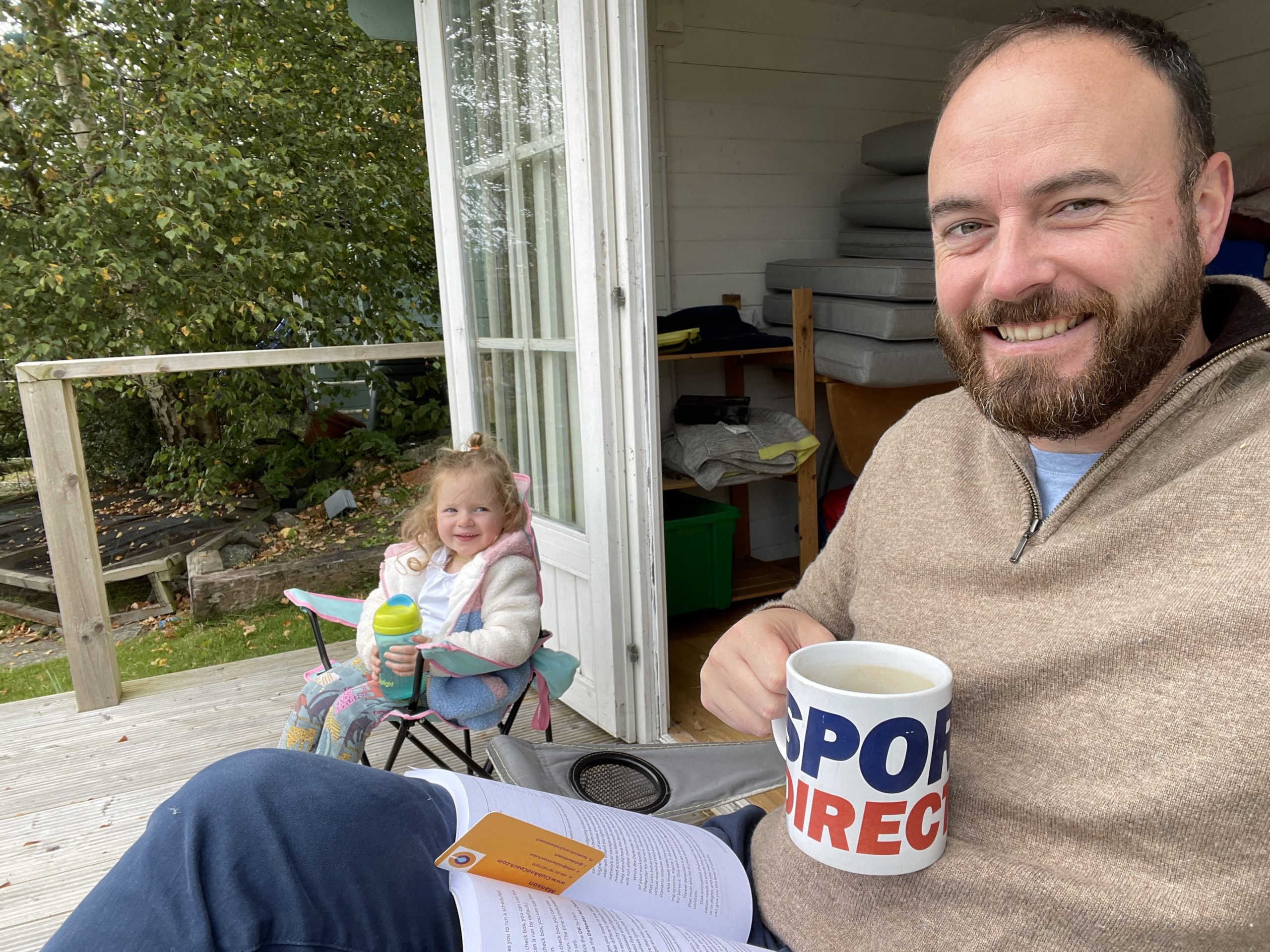In our caffeine-fueled society, understanding the caffeine content in popular beverages like tea and coffee is critical. With tea and coffee serving as the chosen elixirs for many to kick-start their day, the question of how much caffeine each contains often arises. Let’s embark on a verbose journey exploring and comparing the amount of caffeine in these two popular hot beverages.
Understanding the Basics: What is the Caffeine Content in Tea and Coffee?
The Average Caffeine Content in a Cup of Tea
Believed to be less than caffeinated beverages, the amount of caffeine in a cup of tea varies depending on the type of tea and how it’s brewed. On average, an eight-ounce cup of tea may contain 20 to 60 milligrams of caffeine.
Coffee vs. Tea: Which Contains More Caffeine?
While most believe that a cup fewer tea leaves made of coffee contains more caffeine, it’s important to note that tea leaves actually contain more caffeine per weight than coffee beans. However, since we generally use less tea than coffee in each cup, the caffeine intake from a cup of coffee generally ends up being higher than a cup of tea.
Tea Leaves vs. Coffee Beans: A Comparison of Caffeine Levels
On average, tea leaves contain 3.5% caffeine, while coffee beans have 1.1–2.2%. However, the influence the caffeine content exerts on us often depends on other factors such as the method of preparation and the type of the plant.
Exploring Varieties: How Much Caffeine Can We Find in Different Types of Tea?
The Amount of Caffeine in Black Tea
The caffeine content in black tea is generally higher than other types of tea. An average cup of black tea contains between 14-70 mg of caffeine.
Caffeine Content in Green Tea: Is It Less Than Black Tea?
Green tea is often perceived as a healthier option with less caffeine. While this is true to some extent, the caffeine content in green tea still ranges between 24–40 mg per cup, slightly lower than an average cup of black tea.
Herbal Tea and Rooibos Tea: Do They Contain Less Caffeine?
In general, herbal tea and rooibos tea contain less caffeine. In fact, many herbal teas are caffeine free. Rooibos tea, in particular, is completely caffeine-free, making it a great choice for those wanting to reduce their caffeine intake.
Decoding Myths: Do All Teas Contain Caffeine?
The Truth Behind Decaffeinated Tea: Does it Completely Lack Caffeine?
The truth is, decaffeinated tea and coffee still contain traces of caffeine, however minimal. Therefore, if you’re highly sensitive to caffeine, it’s recommended to opt for caffeine-free alternatives instead instant coffee.
The Reality About Caffeine Free Hot Drinks
Completely caffeine-free drinks don’t come from the tea plant, but are instead made from herbs, seeds, or fruits, which inherently don’t contain caffeine. So, if you’re looking to eliminate caffeine from your diet, herbal tisanes or rooibos tea could be a good choice.
The Effects of Caffeine: Why Does it Matter?
The effects of caffeine can vary greatly from person to person. While it can improve alertness and concentration in some, consuming too much caffeine can lead to restlessness, insomnia, and rapid heartbeat. Hence, monitoring your caffeine consumption is important.
Tea Bags or Loose Leaf Tea: Do They Vary in Caffeine Intake?
The Caffeine Content of Tea Bags vs. Loose Leaf Tea
Surprisingly, tea bags generally contain higher caffeine levels than loose leaf tea. This is because tea bags often contain smaller, broken leaves and dust, which release caffeine more quickly.
Does the Type of Tea Affect the Caffeine Level?
Yes, the type of tea does affect the caffeine level. For instance, matcha green tea is known to have a higher caffeine content than green teas due to the unique process by which it is made.
Why Does the Caffeine Content in Tea Vary?
The caffeine content in tea varies due to several factors such as the type of tea, where it’s grown, and how it’s processed and brewed.
Choosing Between a Cup of Coffee or a Cup of Tea: Which One Offers Less Caffeine?
Can Drinking Tea Lead to Less Caffeine Intake Than Coffee?
Given that one cup of tea generally contains less caffeine than a cup of coffee, opting for tea could certainly result in less caffeine intake. The caffeine level in a cup of tea is also influenced by other factors such as brewing time and temperature.
Tea vs. Coffee: Which is a Healthier Choice?
Both tea and coffee offer health benefits. While green or black tea contain antioxidants beneficial for your health, coffee, on the other hand, is a bigger source of caffeine which can boost energy levels. Ultimately, the healthier choice between green tea leaves all depends on your personal health goals and taste preference.
Tea or Coffee: Choose Wisely for Your Caffeine Intake
Both tea and coffee can fit into a healthy lifestyle if consumed in moderation. Your choice between tea or coffee should be based on your tolerance to caffeine, your health goals, and undoubtedly, your flavor preference. While coffee generally promises a quicker caffeine kick, tea offers a wider variety of flavors and styles, with the bonus of usually containing less caffeine. So, whether it’s a cup of robust black tea, calming herbal tea, or energizing cup of coffee, choose wisely to suit your caffeine needs.
###
Q: How much caffeine is in a typical cup of black tea?
A: A typical cup of black tea contains around 40-70 milligrams of caffeine, although the exact amount can vary based on factors such as brewing time and tea leaf quality.
###
Q: Is there more caffeine in tea or coffee?
A: On average, an 8-ounce cup of brewed coffee contains more caffeine than an 8-ounce cup of brewed tea. However, the caffeine content in different types of tea and coffee can vary widely.
###
Q: How does caffeine in decaffeinated tea and coffee compare to regular versions?
A: Decaffeinated tea and coffee have significantly lower levels of caffeine compared to their regular counterparts, but they are not completely caffeine-free. The exact amount of caffeine in decaf coffee products can vary.
###
Q: Can adding milk to black tea affect the caffeine content?
A: Adding milk to black tea does not significantly influence the caffeine content. However, the overall taste and texture of the tea may change.
###
Q: Is caffeine present in green or white tea?
A: Yes, green and white teas also contain caffeine, although generally in lower amounts compared to black tea. The caffeine content fruit teas can vary based on factors such as brewing time and tea variety.
###
Q: Does decaf tea and coffee contain any caffeine at all?
A: Despite energy drinks being labeled as “decaffeinated,” decaf tea and coffee still contain trace amounts of caffeine. However, the levels are significantly lower than in regular tea and coffee.
###
Q: How does the amount of caffeine in tea compared to coffee affect a person’s daily intake?
A: The caffeine content in tea and coffee can influence a person’s daily caffeine intake. It’s important to be mindful of the cumulative effects when consuming multiple cups of tea or coffee throughout the day.
###
Q: Are there different types of tea that contain varying levels of caffeine?
A: Yes, different types of tea, such as white, green, oolong, and black tea, can have varying levels of caffeine. Factors such as processing and brewing method can affect caffeine content and also impact the final caffeine content.
###
Q: How does caffeine in tea affect an individual’s caffeine sensitivity?
A: Caffeine affects individuals differently, and the same applies to caffeine in tea. Some people may be more sensitive to caffeine and need to monitor their intake to avoid consuming too much.
###
Q: How does caffeine in tea compare to the recommended daily limit for caffeine intake?
A: The caffeine content in tea, as well as coffee, should be considered in relation to the recommended daily limit of 400 milligrams of caffeine for most adults. Monitoring the intake of caffeine in your daily cup of tea is important, especially if combined with other caffeine sources such as coffee.

